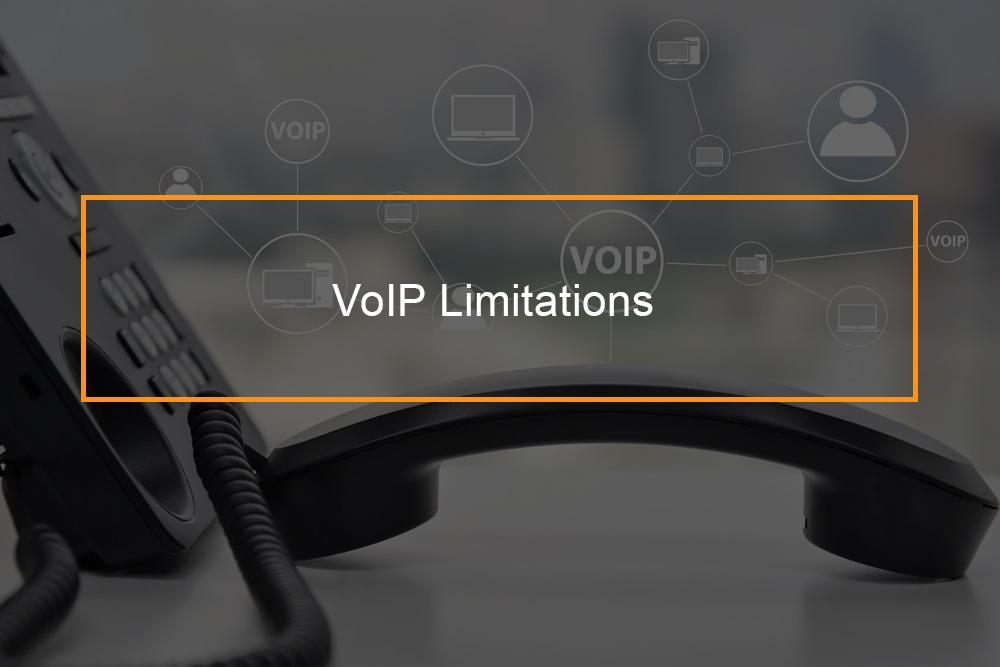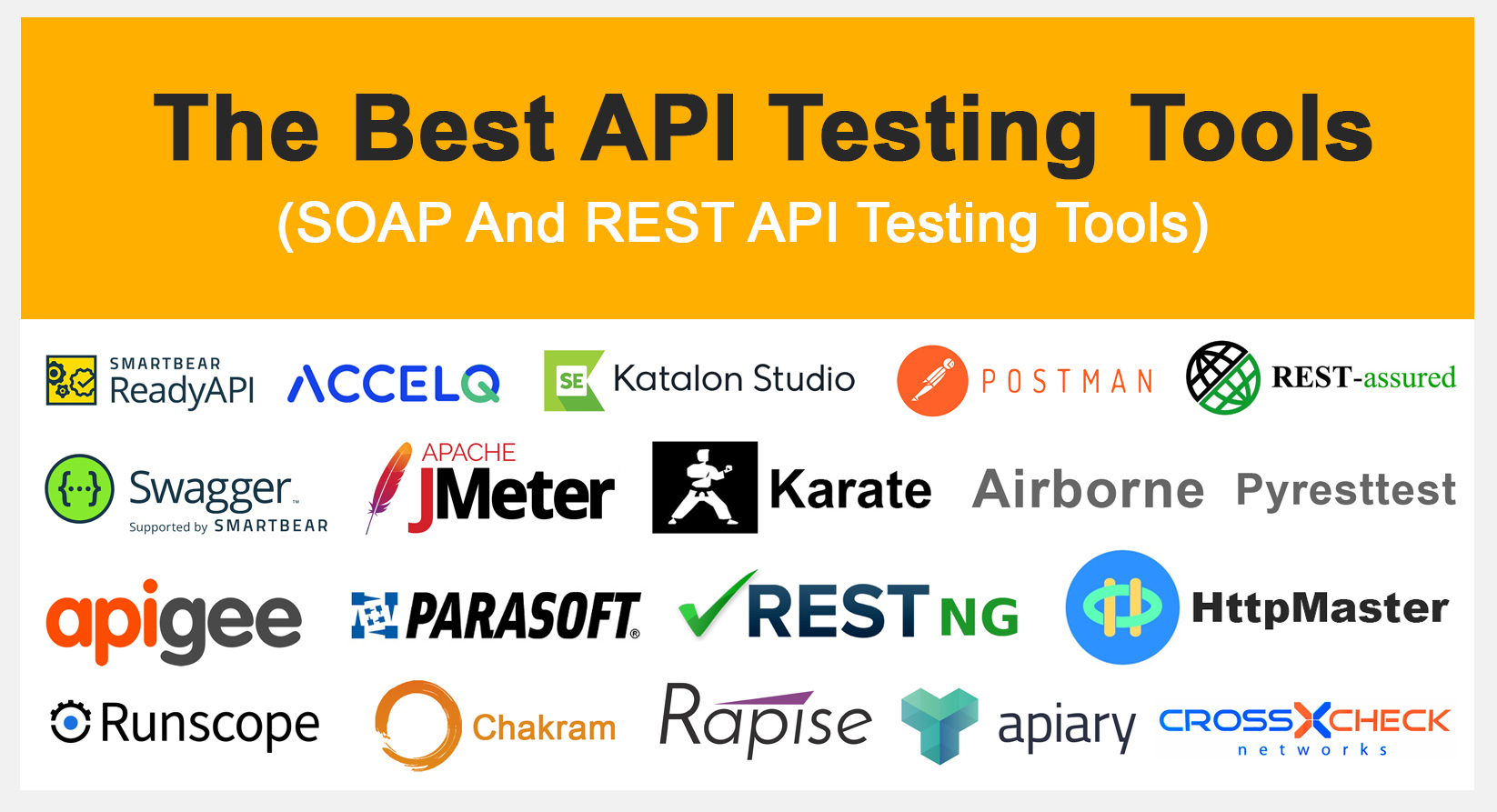What VoIP cannot do?
 Voice over Internet Protocol or VoIP covers a wide scope and has numerous advantages. However, VoIP also has a number of limitations. For some, these VoIP limitations might be a deal-breaker, but there is a solution for each of them. These VoIP limitations are as follows:
Voice over Internet Protocol or VoIP covers a wide scope and has numerous advantages. However, VoIP also has a number of limitations. For some, these VoIP limitations might be a deal-breaker, but there is a solution for each of them. These VoIP limitations are as follows:
- VoIP relies on electricity and power supply
- VoIP relies on broadband or the internet
- VoIP has some limitations when it comes to voice quality
- VoIP has significant limitations regarding 911 and emergency calls
- VoIP cannot be integrated with home systems
- VoIP is designed for powerful computers and laptops and cannot work well with a low processor
- VoIP raises security concerns
VoIP is not exactly perfect, but then again, every technology has its problems or limitations. It is important for businesses and companies that are integrating the VoIP system to understand what it can do for them and its limits. This will get rid of any unrealistic expectations and prepare the organization to deal with any problems.
The above VoIP limitations do not mean the end of the world. Each of the concerns has a solution and therefore, should not deter users away from VoIP. Below are the VoIP limitations discussed in detail and the solution for each problem provided.
VoIP relies on electricity and power supply
The obvious concern when it comes to VoIP is electricity. The internet-based system works with electricity, and without power, you have no VoIP. Constant power outages will result in a lot of disruption. This is unlike the traditional landline phone. They are connected to a different grid and are not affected by blackouts and electric problems.
VoIP solution for power shortages
Companies that rely on VoIP to make business will suffer a lot in case of power shortages. Luckily the solution when the lights are out is simple; that is, backup power. Companies that have invested in backup power will have VoIP services even when there is no electricity. Backup generator ranges from different sizes, and companies can invest in them depending on the cost and power of the generator. Small businesses can look into battery-based power that can be connected to computer networks.
VoIP relies on broadband or the internet
VoIP is strictly internet-based technology. That is, it uses the internet or bandwidth to function properly. Problems will arise when your business has many computers connected to one network each using large amounts of data. Your VoIP will not have enough bandwidth to operate properly. The result will be pixelated video calls and garbled or unclear voice calls. If the congestion is too much, the video call will fail to connect, and the voice calls may drop.
VoIP solution for internet problems
Rectifying any limitations associated with bandwidth congestion is easy. Bring in an IT expert that will recommend enough bandwidth to comfortably run everything in the business connected to the network. This will ensure all connected devices include VoIP work at optimal conditions without any interference. The expert can also check the internet speeds and how much your business uses. They can advise to either reduce high definition live streaming and other things that drain the bandwidth or maybe get a better plan with a faster internet connection.
VoIP has some limitations when it comes to voice quality
Voice quality in VoIP is determined by how clear the person at the other end hears you. Landlines and mobile phones have perfected on this technology such that any interference, noise, or unclarity is easily detected. Users expect the same standards when using VoIP. Any echos, noises, delays, or other weird sounds are not acceptable.
Unfortunately, voice quality in VoIP is limited by a number of factors. The most significant is the stability of your internet connection. The other factors that have an effect on the VoIP voice quality include the distance of the call, the package subscribed to, and the hardware.
All factors above play a role in the delicate process of VoIP transmission. First, the voice data is compressed so that is can be transmitted. At its destination, the data has to be decompressed so that it is understood. This delicate encoding and decoding has to be carried out very fast. Slow internet connections, hardware issues, and the other named factors can slow down this process. Any delay, even by milliseconds, can cause the call quality to reduce. If the transmission is not fast enough, then echoes will be produced.
VoIP solution for voice quality
To ensure the high standards of voice quality are met in the VoIP system, then the factors that lead to poor voice quality should be addressed. First, ensure your internet or broadband connection is strong and stable. You should also invest in high-quality VoIP hardware. Cheap hardware tend to wear out easily or offer poor services. You should also subscribe to one of the top VoIP service providers, they may be slightly more expensive, but their phone service is the best.
VoIP has significant limitations regarding 911 and emergency calls
Being able to make emergency calls and disseminating the information quickly and accurately to the 911 operators is an important safety protocol in any surrounding. Unfortunately, there are some VoIP limitations when it comes to this area too. The problem comes in where the operator is not able to automatically pinpoint the exact geographical area of where the call is coming from if someone uses VoIP. This is a concern because this information helps the operator to know which emergency service to dispatch and where to send help.
VoIP solution for 911 and emergency calls
These simple details in an emergency situation can be the difference between life and death. Fortunately, there are a few ways VoIP users can go around this critical limitation.
First, each employee should have the exact details on the physical address of the company so as to give it out to the operator when needed. The same information can be printed out and placed near all VoIP handsets so that even a visitor or someone who has not memorized the information will be able to read it out.
The company can also have one or some separate landline phones for emergency use only. Since landline phones indicate the location of the call, the operator will immediately dispatch the right rescue team to the right place.
There is also the option for a third-party 911 VoIP service. Your internet service provider can offer such services that will connect your geographical location to different emergency services.
VoIP cannot be integrated with home systems
Today, there are a number of home systems that can be integrated into the telephone line. This can be your home security system, the digital video recorders, and even the subscription television services. This is possible since these systems all use a standard telephone line for their services. VoIP cannot be integrated with such systems because it does not use the standard telephone line.
VoIP solution for integration with the home systems
This remedy may not be under your control. There are plans to integrate VoIP into these systems. Therefore, in the meantime, the solution is to wait for the technology to catch up and improve.
VoIP is designed for powerful computers and laptops and cannot work well with a low processor
Computers or laptops are limited by many specifications such as processor and memory. Some computers are designed to perform more tasking jobs that drain the processor. If the same task is carried out by a computer with inferior specifications that the computer would hang and malfunction.
VoIP system also drains a considerable amount of memory from the computer. If the laptop is not powerful enough, then the system will become slow. The problem worsens if you open and run another software on the same computer. The more applications running at the same time, the more the processor drain. What this means to the VoIP is that there will be a loss of quality. The audio will become unclear, and the video will immediately start to buffer. If this continues, the system will crash and lead to further frustrations.
VoIP solution for processor drain
Overloading a computer makes it slow or even unresponsive. To avoid processor drain, invest in powerful computers, especially if they will be used to run many different programs at the same time. And if you know your current computer is not powerful enough, avoid opening other programs while using VoIP. This will minimize interruptions.
VoIP raises security concerns
A lot of the internet-based technologies has this limitation, or rather concern. Since the data is online or on the cloud, it is feared that people with particular set of skills are able to breach the security measures that get the data. With VoIP, this is the same. Security issues such as viruses and malware, spamming, identity theft, call tampering, denial of service, and all sorts of phishing attacks are feared.
VoIP solution for security concerns
A lot of the VoIP service providers guarantee the security of the client’s information. No one can really offer 100% protection from these security concerns. As a client, there will be some level of risk you are taking, but it is best to choose a VoIP provider with no prior security scandals. The top-rated VoIP providers are usually much safer.








